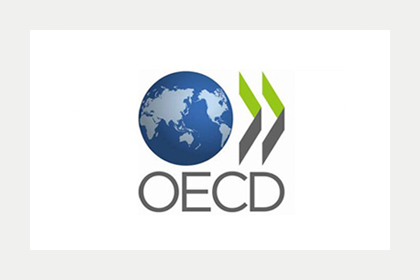OECD Guidelines for Multinational Enterprises
Market liberalisation, lower transaction costs and increasingly powerful communications networks have made it much easier for companies to invest in other countries. Many companies invest locally to secure orders and to be close to the markets they are developing. The German economy also benefits from this thanks to its traditional strength in exports and to the investments by German firms in other countries. At the same time, these investments are also to “contribute to economic, environmental and social progress with a view to achieving sustainable development”, especially in developing countries.
To this end, and in response to greater public interest in the matter over the past few decades, the OECD has systematically extended its work on Corporate Social Responsibility or responsible business conduct. In 1976, the OECD Member States adopted the OECD Guidelines for Multinational Enterprises. Since then, the Guidelines have been revised several times and their scope widened. They are aimed at any company that conducts business in a participating country and set out important recommendations on labour and environmental standards and on how to avoid any violations of human rights. A system of National Contact Points (NCPs) has been created to raise awareness of the Guidelines and to act as a forum for complaints about violations of the Guidelines. The German NCP is based in the Federal Ministry for Economic Affairs and Energy (BMWi). More information about the NCPs and the Guidelines can be found here.
National Action Plan for Business and Human Rights
On 20 December 2016, the Federal Cabinet also adopted the National Action Plan for Business and Human Rights (NAP), which implements the UN Guiding Principles on Business and Human Rights at national level.
By 2020 at least 50% of all companies based in Germany with over 500 employees are to have integrated the elements of human rights due diligence described in the NAP into their business processes. They are to develop procedures designed to identify adverse effects of their international activities on human rights and to take measures to prevent them. The development of the NAP will be tracked by means of a monitoring exercise.
For more information on NAP, please click here (in German).
